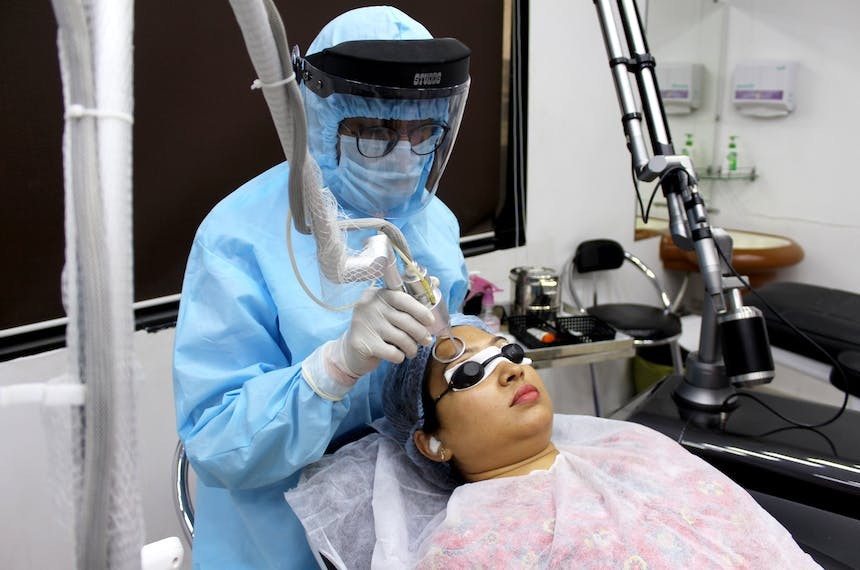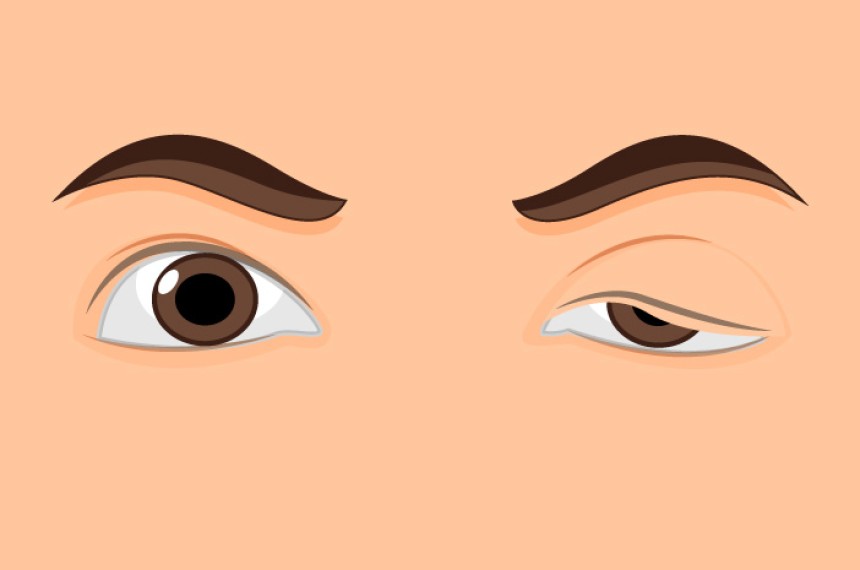
Frontotemporal Dementia
This article delves into Frontotemporal Dementia (FTD), a neurodegenerative disorder affecting the frontal and/or temporal lobes of the brain. It outlines the behavioral changes associated with FTD, discusses the lack of approved disease-modifying treatments, and reviews both pharmacological and non-pharmacological management strategies. The article emphasizes the importance of behavioral modification and structured environments, as well as pharmacologic treatments, including cholinesterase inhibitors and serotonin reuptake inhibitors.
Characteristics of Frontotemporal Dementia
Frontotemporal dementia (FTD) is a neurodegenerative disorder affecting the frontal and/or temporal lobes. It is characterised by behavioral changes and it might be associated with parkinsonism, corticobasal syndrome and/or progressive supranuclear palsy. FTD is one of the common causes of early-onset dementia, and the average age of onset is the sixth decade. Behavioral changes in FTD include Hyperorality, disinhibition, inertia, agitation, compulsions, and/or apathy.
Non-Pharmacological Management of FTD
There is no current approved disease modifying treatment (DMT) for FTD. Symptomatic medications should be considered in conjunction with non-pharmacological intervention. For behavioural disorders, patients often require protection from serious consequences of impaired judgment and driving. Also, a well-structured environment which avoids overstimulation and distraction can provide stability for the patient. Regular exercise programs and physical therapy should be encouraged for patients with dementia. Behavioural modification techniques, such as, monitoring log may help identify triggers that should be avoided.
Pharmacologic Treatment in FTD
Pharmacologic treatment in FTD includes cholinesterase inhibitors and behavioural therapy modification. Patients frequently have serotonergic and dopaminergic dysfunctions.
Management of Behavioural Symptoms in FTD
For behavioural symptoms, a trial of a serotonin reuptake inhibitor, such as, citalopram or trazodone could be beneficial. Also, other SSRIs including sertraline, paroxetine showed some benefits as per trial results. Additionally, atypical antipsychotic medications can help with agitation and other neurobehavioral symptoms in the course of the disease.
References
1- Bang J, Spina S, Miller BL. Frontotemporal dementia. Lancet 2015; 386: 1672–1682. 2- Bott NT, Radke A, Stephens ML, et al. Frontotemporal dementia: diagnosis, deficits and management. Neurodegener Dis Manag 2014; 4: 439–454. 3-Robinson KM. Rehabilitation applications in caring for patients with Pick's disease and frontotemporal dementias. Neurology 2001; 56:S56. 4-Iverson DJ, Gronseth GS, Reger MA, et al. Practice parameter update: evaluation and management of driving risk in dementia: report of the Quality Standards Subcommittee of the American Academy of Neurology. Neurology 2010; 74:1316. 5-Huey ED, Putnam KT, Grafman J. A systematic review of neurotransmitter deficits and treatments in frontotemporal dementia. Neurology 2006; 66:17. 6-Mendez MF. Frontotemporal dementia: therapeutic interventions. Front Neurol Neurosci 2009; 24:168. 7-Hughes LE, Rittman T, Regenthal R, et al. Improving response inhibition systems in frontotemporal dementia with citalopram. Brain 2015; 138: 1961–1975. 8-Lebert F, Stekke W, Hasenbroekx C, et al. Frontotemporal dementia: a randomised, controlled trial with trazodone. Dement Geriatr Cogn Disord 2004; 17: 355–359. 9-Herrmann N, Black SE, Chow T, et al. Serotonergic function and treatment of behavioral and psychological symptoms of frontotemporal dementia. Am J Geriatr Psychiatry 2012; 20: 789–797. 10-Manoochehri M, Huey ED. Diagnosis and management of behavioral issues in frontotemporal dementia. Curr Neurol Neurosci Rep 2012; 12: 528–536.





